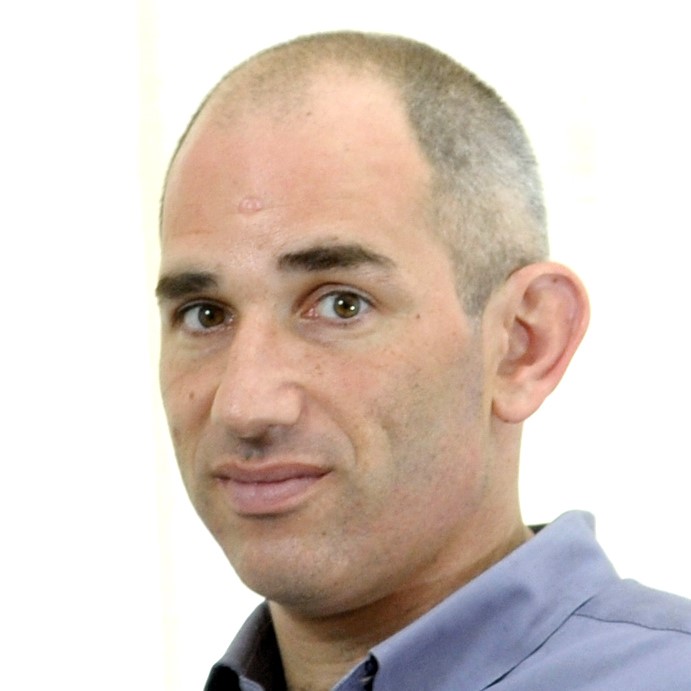Speaker: Prof. Opher
Donchin
Title: Noise and learning in the
motor system
Abstract:
In the study of the motor system, the question of noise is of central interest. Why is it that each movement is different from every other movement? We take an approach anchored in optimal Kalman filtering to understand motor noise. This leads us to a model of the system which shows us that noise in the motor system is multi-dimensional. Ultimately, we can show that the motor system is optimally tuned for the noise it generates.

Bio:
My undergraduate education was in mathematics, in the Department of Psychology at Hebrew University. For my PhD., I transitioned to the study of the motor system, in the Department of Physiology at the Hebrew University Medical School. Following my PhD, I wanted to stay in the study of reaching movements, but to explore more closely the behavioral and computational aspects of these movements. I joined the pre-eminent laboratory for computational motor control, at Johns Hopkins University. I was accepted as a distinguished post-doc of the Department of Biomedical Engineering, and was hired directly from my postdoc as a Senior Lecturer in the Department of Biomedical Engineering at Ben-Gurion University of the Negev.
My work can be divided into three broad, and somewhat overlapping categories: physiological studies of the brain in animals, studies of the neural mechanisms underlying motor behavior in humans, and modeling these neural mechanisms using computational models.
I have also recently joined the University’s new Center for the Study of Autism. The work on autism is based on a technique called voxel-based morphometry (VBM) that correlates variations in brain tissue with behavioral capacity.
I have ongoing collaborations researchers in three different departments (in three different faculties) at BGU, in the Netherlands, and in Germany. As a rule, my role in these collaborations is associated with my expertise in the design and interpretation of experiments in motor adaptation, especially of reaching movements. I bring a computational perspective to the understanding of adaptation processes that is a serious strength in these collaborations. I also usually play a central role in data analysis, especially regarding both classical and Bayesian statistical analyses of the data.